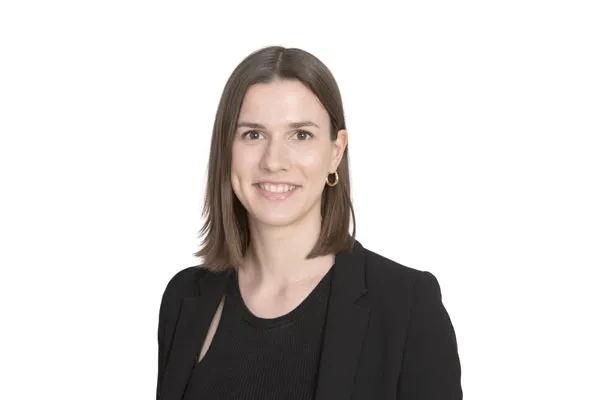With climate change in mind, Kim Helder wants to minimize the negative impact of cooling processes. With the global demand for cooling energy for rooms constantly increasing, she has taken up the challenges in the areas of energy efficiency and sustainability and rethought conventional climate concepts, taking into account new types of radiant cooling.
Her thesis in the master's program in Energy and Building Systems at Biberach University of Applied Sciences is about passive climate concepts with a new type of radiant cooling with the claim to guarantee the highest possible user comfort:
The focus is on the metrological and simulation investigation of a dew point independent radiant cooling panel. First, she determined temperatures and performances of dew point-independent radiant cooling panels by measurement and computation, respectively, and then she developed a simulation model to represent the thermal behavior of the panels.
She applied the simulation model to different climatic locations and combined it with different climate concepts.
In addition, optimization potentials of the panels were identified.
In July 2022, she was awarded the Netze BW prize for her work within the university. In January 2023, she also received the first prize Baelz competition of the Baelz Foundation.
Kim says she is very grateful for the great mentoring she received.
On the part of Biberach University, Prof. Roland Koenigsdorff supported her.
Without Felix Thumm and Max Bauer (both Transsolar), she says, the Baelz Foundation's first prize would not have been possible.
We at Transsolar congratulate and rejoice with her, together, because since her graduation Kim Helder continues to work with us in Stuttgart as a project engineer in energy efficiency and sustainability for systems as well as building and energy concepts.
Kim Helder: Master thesis with honors
